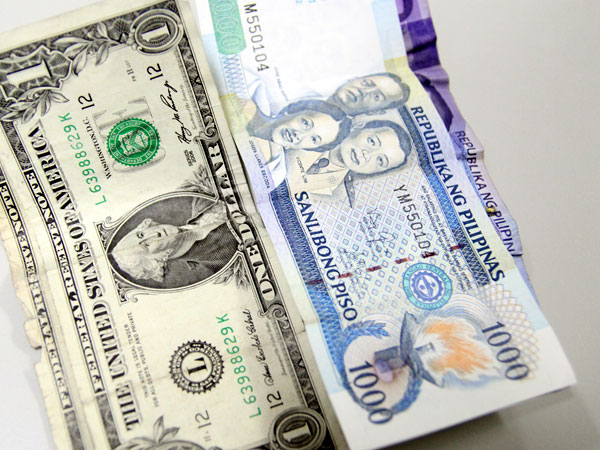Repeat of Asian crisis seen unlikely
Asian economies are stronger now than in the late ’90s and chances that a major crisis would take place—either as a result of external developments or internal weaknesses—were slim, the region’s biggest bank said.
Singapore’s DBS said investors looking past financial market gyrations would see that real economic conditions of countries in the region like the Philippines did not point to a major meltdown.
“Asia today looks nothing like 1997,” DBS said in a report issued this week. The bank cited high levels of reserves and consistent current account surpluses, which offset the flight of investors’ capital.
The Philippines, for instance, has seen its foreign exchange reserves rise from $10 billion in 1997 to more than $80 billion today. These dollar reserves help shield the economy from external stresses.
The economy’s exposure to foreign debt has also gone down to 51 percent of gross domestic product (GDP) in 1997 to 34 percent in 2014.
In the same year, the country also posted a current account surplus equivalent to 4.4 percent of GDP, an improvement from the average deficit of 4.5 percent of GDP before the Asian crisis. The current account is a summary of all recurring sources of dollar revenue for the country, including remittances from migrants and income from trade, outsourcing and tourism.
Meanwhile, conditions in the United States and China—the major external players that can affect Asia’s performance—also support the view that economic conditions would remain stable.
The US economy is “not very strong” that it would attract too much capital away from emerging markets and send asset prices and currencies in disarray. At the same time, China’s economy is “not very weak” that investors in the region should be too worried.
Investors’ main concern in recent weeks has been the recovery in the US market, which would pull capital away from emerging markets, and China’s slowdown, which would push fund managers to safer havens.
The US Federal Reserve is preparing to raise interest rates, which have stayed at record lows since 2008, with officials noting that the American economy should be allowed to survive with less monetary stimulus.
If and when the US Fed increases rates at either its September or December meetings, DBS said the adjustment would be gradual.
“Recent market turmoil may delay rate hikes by a few months but that’s neither here nor there. The bigger fact is the Fed was never going to take rates very far very fast to begin with,” DBS said.
Meanwhile, in China, even with its slowdown, Asia’s biggest economy still continues to grow at a healthy pace. “The big downshift came three years ago. Since then, it’s run more sideways than downwards,” DBS said.

